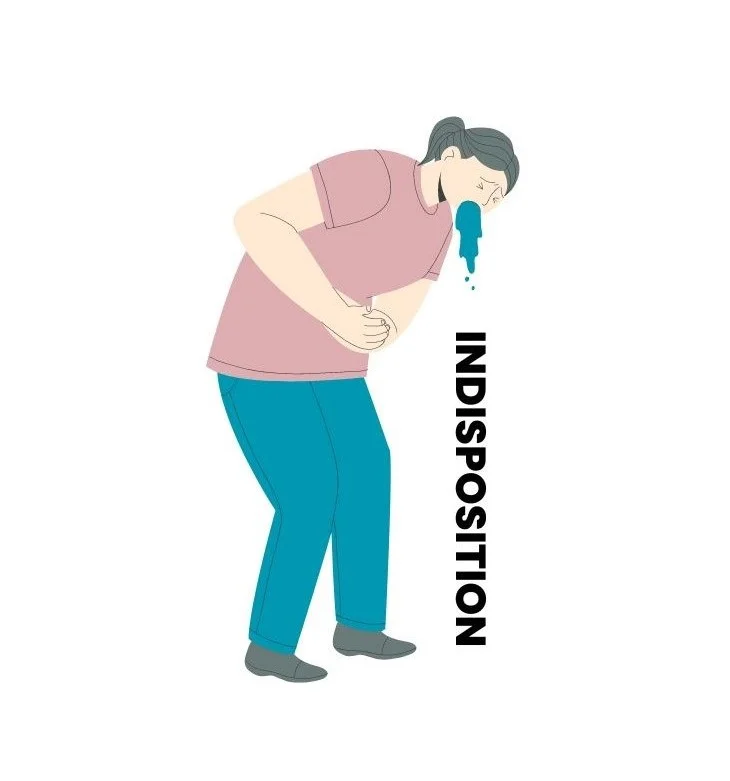
Discover the significance of indisposition in homoeopathy (footnote of aphorism 7). Learn how minor shifts in health can impact your well-being and preventive care strategies.
Indisposition, often overlooked as a minor discomfort, can be your body’s way of communicating that something isn’t quite right.
In this comprehensive guide, we’ll delve into the meaning of indisposition, its role in homoeopathy, and why understanding it is essential for your health.
Table of Contents
ToggleWord meaning of Indisposition
“Indisposition” refers to a mild or minor state of discomfort or illness, usually characterized by slight symptoms or a feeling of being unwell.
It is a condition where someone is not in their usual state of health but is not seriously ill either.
Indisposition often involves minor physical discomfort or unease that does not require extensive medical intervention.
What is Indisposition in homoeopathy?
Indisposition is not a full-blown disease. It’s a minor shift from our usual state of health, accompanied by a few small symptoms that can be managed with simple changes in diet and habits.
Indisposition doesn’t demand any specific treatment. Sometimes, a placebo might be used to comfort the patient mentally.
READ THE CONCEPT OF HEALTH AND DISEASE IN HOMOEOPATHY.
Let’s walk through some examples to grasp this concept better:
- Syncope and Hysterical Sufferings: Imagine someone feeling faint or experiencing nervous distress. If strong-smelling flowers are causing this, the first step is to remove them from the room.
- Eye Inflammation with Foreign Body: In cases where something foreign irritates the eye, like a particle stuck in the cornea, the initial action is to remove that foreign object.
- Preventing Mortification: If a wounded limb is at risk of tissue death, loosening a tightly wrapped bandage can be more effective than giving medicine.
- Bleeding from Torn Artery: For severe bleeding due to an artery tear, applying a ligature to stop the bleeding is more crucial than medication.
- Removing Obstructions: When foreign substances block body openings like the nose, throat, ears, urethra, rectum, or vagina, removing the blockage using surgical tools can lead to improvement without medicines.
- Surgical Interventions: Surgical removal of obstructions, such as a vessel-blocking calculus or correcting imperforate anus in newborns, falls under the category of indisposition.
- Fatigue from Lack of Sleep: Feeling tired due to insufficient sleep doesn’t require medication. A good night’s sleep is the best remedy.
- Overeating and Indigestion: Overindulging can cause stomach discomfort. Fasting and consuming light food for a short period can easily manage this.
In cases of indisposition, the body’s vital force often handles the issue naturally.
The role of the physician is to create a supportive environment for the body’s healing response. This self-recovery process was termed “Vis medicatrix naturae” by Hippocrates, the father of medicine.
However, it’s essential to differentiate between indisposition and acute diseases.
Unlike indisposition, acute diseases demand more attention and specific treatments. Old-school doctors often prescribed many medicines for various symptoms simultaneously, treating each symptom in isolation. This approach overlooks the interconnectedness of the body as a whole.
Human beings are not just a collection of parts; we’re unified entities.
Each individual constitution typically requires only one suitable remedy at a time.
READ A DETAILED ARTICLE ON CONSTITUTION IN HOMOEOPATHY BY FOLLOWING THE LINK.
This holistic approach respects the unity of the body and its inherent ability to heal.
In essence, while indisposition is a minor glitch that our body can often resolve on its own, diseases require a more focused and comprehensive approach to treatment.
Distinguishing Indisposition from Disease (§ 151)
Indisposition involves a patient reporting a minor symptom that has been noticed briefly.
On the other hand, in intense dynamic diseases like acute illnesses, patients describe numerous symptoms beyond the main complaint.
Through deeper probing, each symptom can expand into a significant portrayal, contributing to the complete “disease picture.”
In simple terms, while indisposition presents a single trivial symptom for a short duration, severe dynamic diseases showcase multiple symptoms, with each one capable of forming a comprehensive depiction of the ailment.
Difference between Indisposition and Disease (footnote to § 7 and § 150)
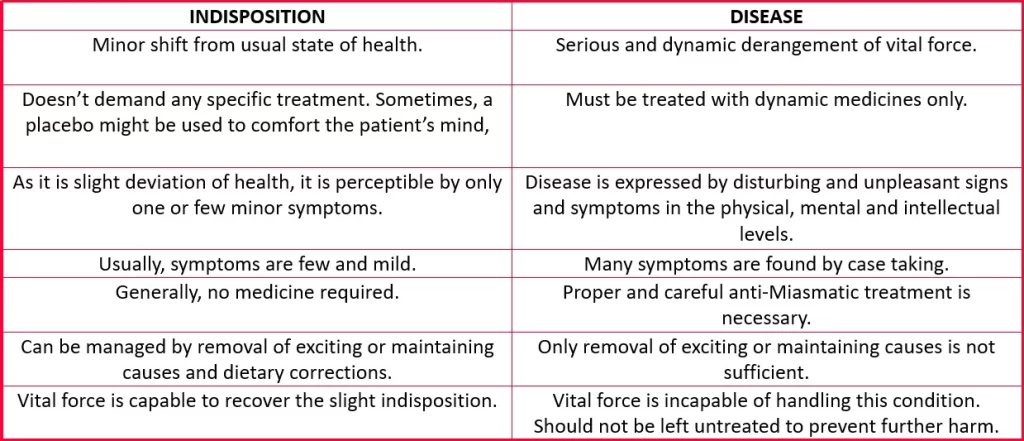
READ EXCITING CAUSES AND MAINTAINING CAUSES BY FOLLOWING THE LINKS.
What is importance of understanding indisposition?
The importance of understanding indisposition lies in recognizing and appropriately addressing minor shifts in health.
While indisposition may not be a serious medical condition, it serves as an early signal that something might be slightly off with our well-being.
By being aware of and comprehending these subtle changes, individuals and healthcare providers can take proactive measures to prevent the escalation of discomfort into more significant health issues.
Understanding indisposition allows us to:
- Promote Preventive Care: Recognizing the early signs of indisposition enables individuals to take preventive actions, such as adjusting their diet, rest, or daily routine, to prevent the development of more severe symptoms or diseases.
- Avoid Unnecessary Treatments: Properly identifying indisposition helps individuals refrain from unnecessary medical treatments or interventions that might not be required for such minor discomforts.
- Support Overall Wellness: Being attuned to our bodies’ signals helps us maintain overall wellness by addressing small concerns before they become bigger problems.
- Make Informed Decisions: Armed with knowledge about indisposition, individuals can make informed decisions about when to seek medical advice or intervention and when to allow their body’s natural healing mechanisms to take effect.
- Enhance Healthcare Communication: When discussing health concerns with healthcare providers, understanding indisposition empowers individuals to convey accurate information, enabling healthcare professionals to offer the most appropriate guidance.
- Optimize Healthcare Resources: Healthcare resources can be efficiently allocated when individuals are capable of distinguishing between minor indispositions and more significant medical issues. This reduces unnecessary burdens on healthcare systems.
- Facilitate Timely Treatment: In certain cases, minor indispositions might be early indicators of underlying health conditions. Understanding these signals can prompt timely medical attention and early intervention if needed.
In essence, understanding indisposition empowers individuals to take a proactive approach to their health, leading to improved well-being and a better quality of life.
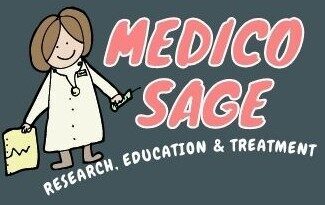



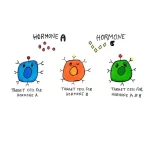
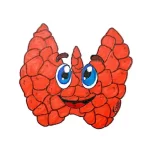
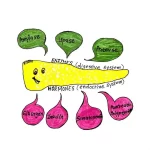
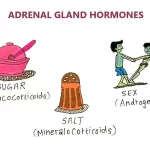

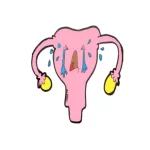
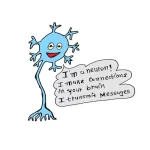
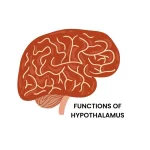
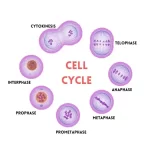
Leave a Reply